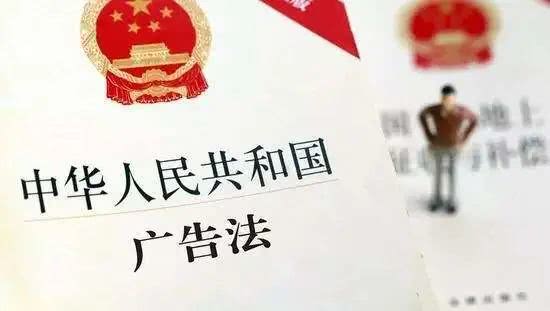To find the right mix of channels is relatively straight on in China. There are a few major players on the market which your brand needs to be present in, depending on the objective and target audience. But in order to drive traffic and engagement content is key. Like in any other market despite which platform there is used.
What’s important to be aware of when entering China and starting your brand’s communication toward the market, is that you have a content team that understands and are up-to-date with the Chinese laws and regulations.
One of the common mistakes often seen from foreign brands both in B2B and B2C industry, entering China, is that the global content is directly translated to Chinese and executed on the market. There are two parts to this; first of all, the content might not fit the Chinese market and the segment that you are speaking to. Furthermore, the content might not be aligned with the Chinese advertising regulations.
In 2015, the Chinese Government updated the advertising regulations to protect the interest, health and safety of Chinese consumers. Limiting the kinds of claims brands can make in their promotional campaigns. Ever since this change, many well-known international brands, who have been operating in the Chinese market for a long time, have been issued fines by the Chinese authorities. The most common reason for the fines have been misleading advertising via the brand’s own channels. Mostly consisting of in-store printed advertising, websites and digital social media post have been part of the reasoning for the fines.
It is therefore important for foreign brands to consider to have professional resource to be a part of the content development process before executing it.
We try to highlight some of the key things to consider in this article but recommend to make yourself familiar with the complete regulation. One rule of thumb, do not use “Extreme Words”. In the Nordics, we are used to seeing words such as the ‘best’ or ‘most famous’ to promote new products. However, with China’s advertising law, the usage of these superlative type of wordings in advertisements is prohibited! If brands use extreme words, they will be given a penalty point and may be fined between 200,000 RMB to 1 million RMB. To avoid this, keep yourself away from any superlatives, such as; most, best, highest, lowest, cheapest, first, latest, etc. Besides this, it is important to be extra careful when using words related to a words level or class and words related to a country or nation.
There is also special rules for specific product categories which is important to take note of when communicating on the Chinese market. Please see some of the selected categories below as samples.
Restrictions on health food advertisements
Article 18: Advertisements for health food must not contain an assertion or assurance of efficacy or safety; functions relating to disease prevention or treatment; claims that the advertising commodity is necessary for health protection; comparisons with medicines and other health food products; and the use of advertising spokesperson for recommendation and certification. Also, health food advertising should be marked “this product can not replace the drug”.
Infant milk products must not claim to substitute breast milk
Article 20: Advertisements of infant milk products, beverages and other food products that claim to wholly or partially substitute breast milk in mass media or public places are prohibited.
Tobacco advertisements are banned
Article 22: Tobacco advertisements in mass media, public places, public transport or outdoors are prohibited. It is also forbidden to send any form of tobacco advertisements to minors.
It is forbidden to make use of advertisements or public service announcement of other goods or services, to advertise the name, trademarks, package etc. of tobacco products. This also applies to notices of relocation, rebranding and recruitment issued by producers or sellers of tobacco products.
Drinking actions must not appear in alcohol advertisements
Article 23: Alcohol advertisements must not contain the action of drinking; inducing and inciting drinking or promoting uncontrolled drinking; activities such as driving vehicles; and implying that drinking alcohol can have the function of eliminating tension or anxiety, or increase physical strength and other effects
Last it is important to note that children under the age of 10 must not endorse products and that used advertising spokesperson must not provide recommendations for the goods they have not used before or recommend services which they have not received.






